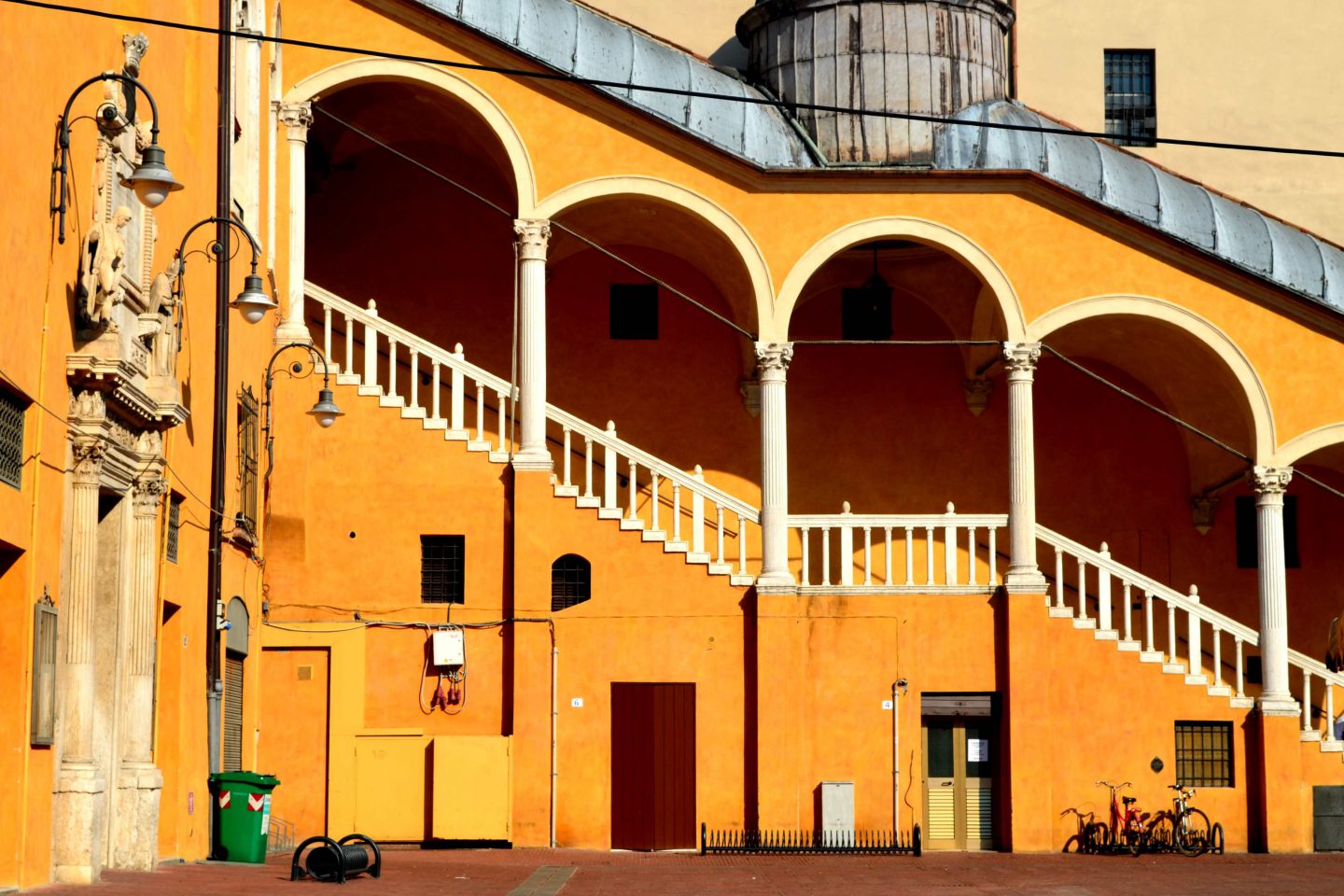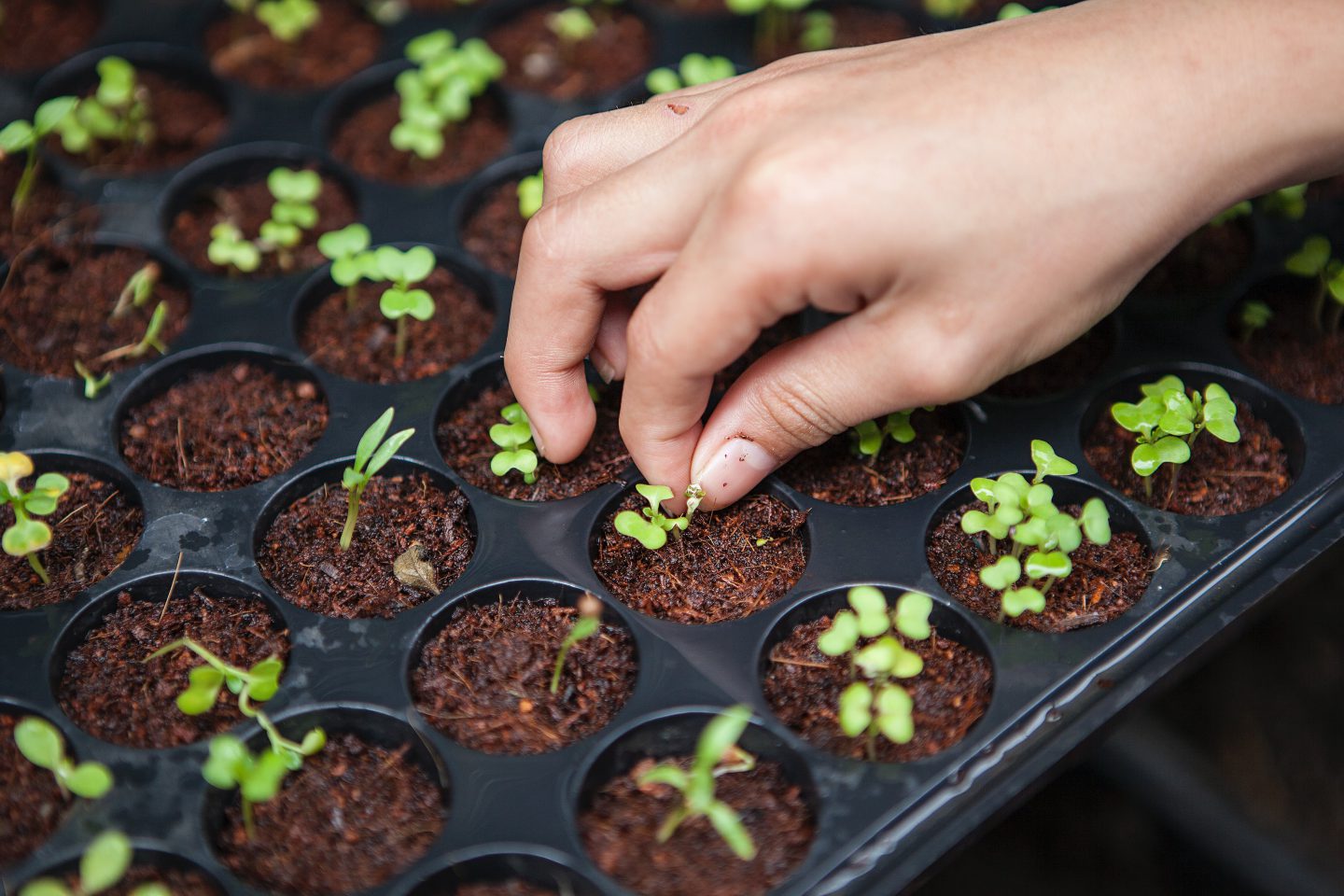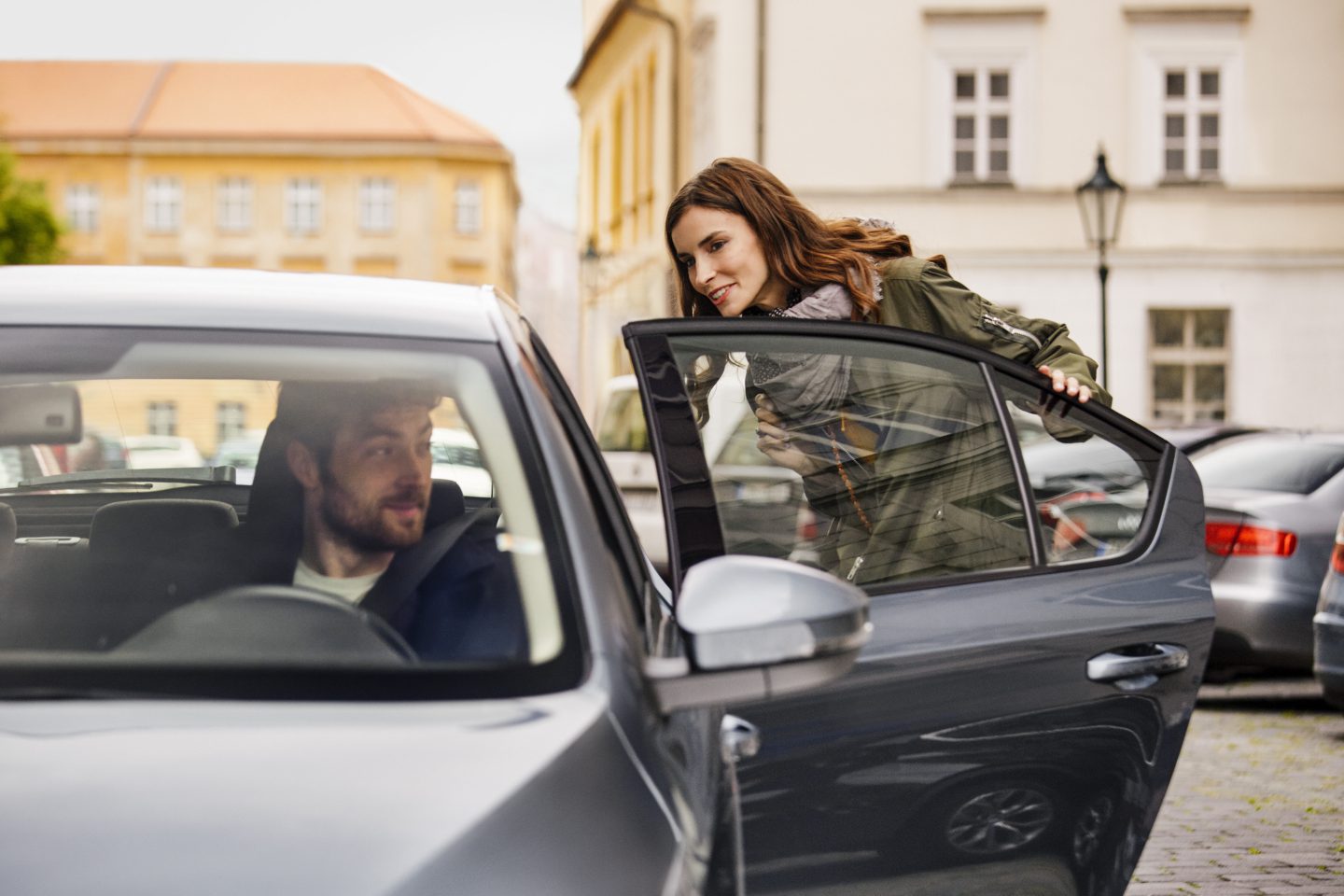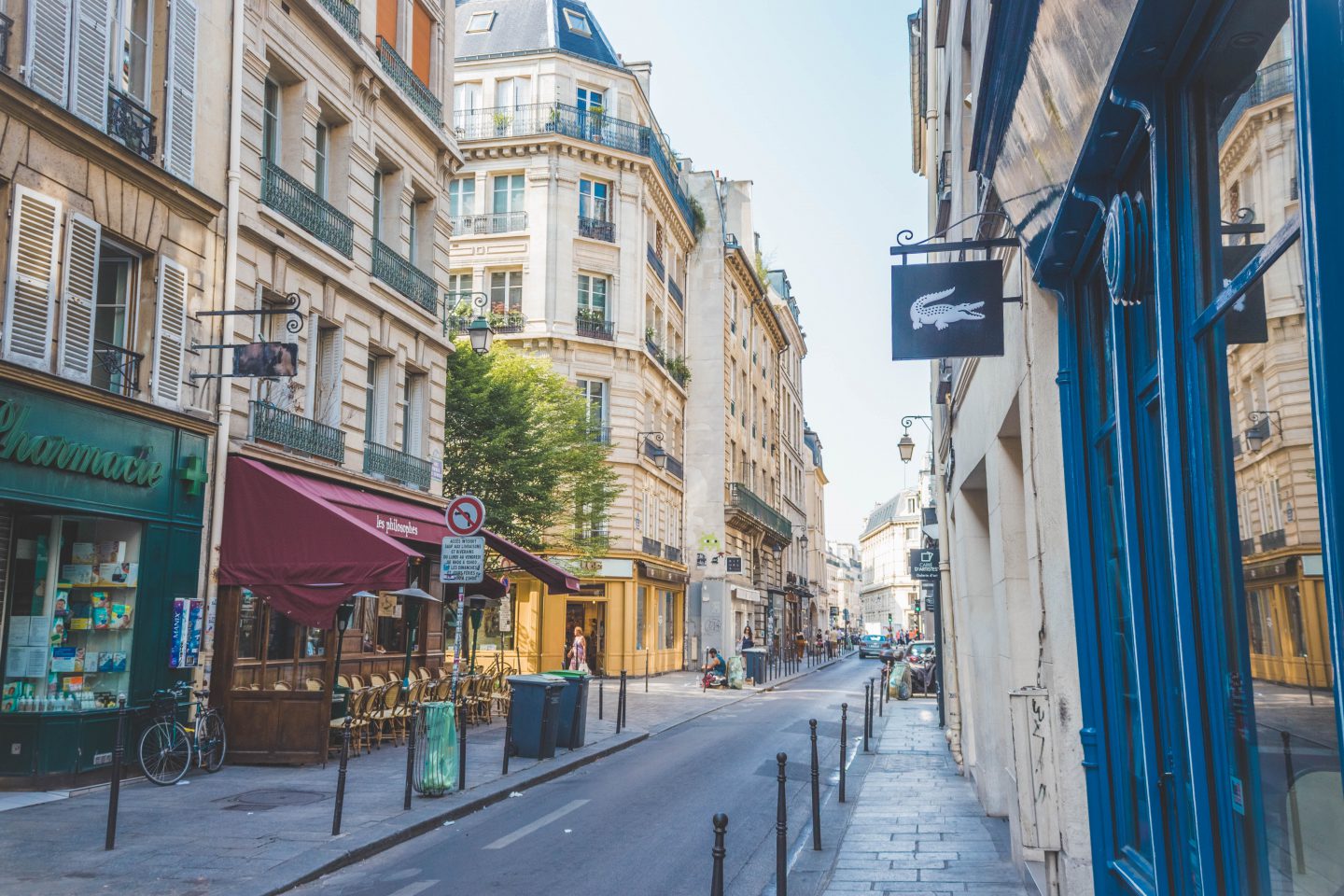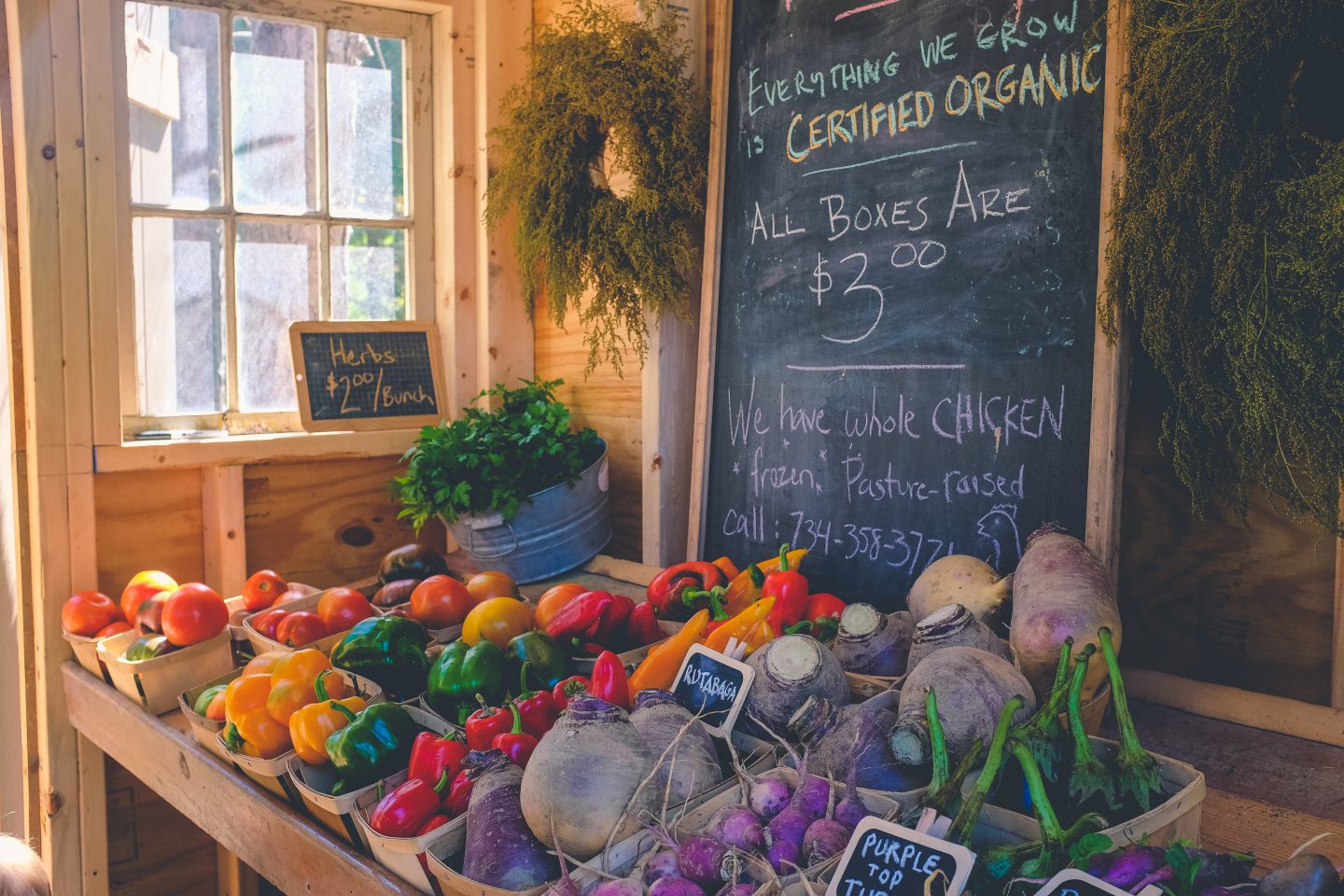The word “genius” is universally associated with the name of Leonardo da Vinci – a true Renaissance man, he embodied scientific spirit, artistic talent and humanist sensibilities. Exactly 500 years have passed since Leonardo died in his home at Château du Clos Lucé, outside Tours, France. Yet far from fading to insignificance, his thinking has carried down the centuries – and still surprises today.
The Renaissance marked the transition from the Middle Ages to modernity, after the spread of the plague caused a global crisis resulting in some 200m deaths across Europe and Asia. Today, the world is on the cusp of a climate crisis, which is predicted to cause widespread displacement, extinctions and death, if left unaddressed. Then, as now, radical solutions were called for to revolutionise the way people live and safeguard humanity against catastrophe.
Read more →

